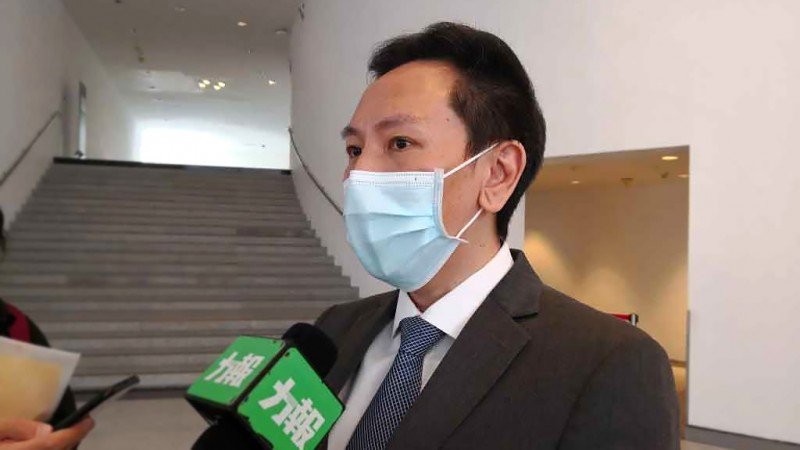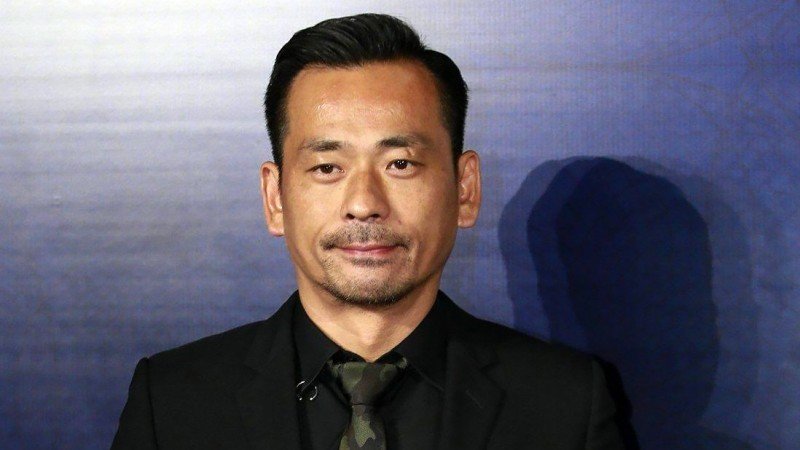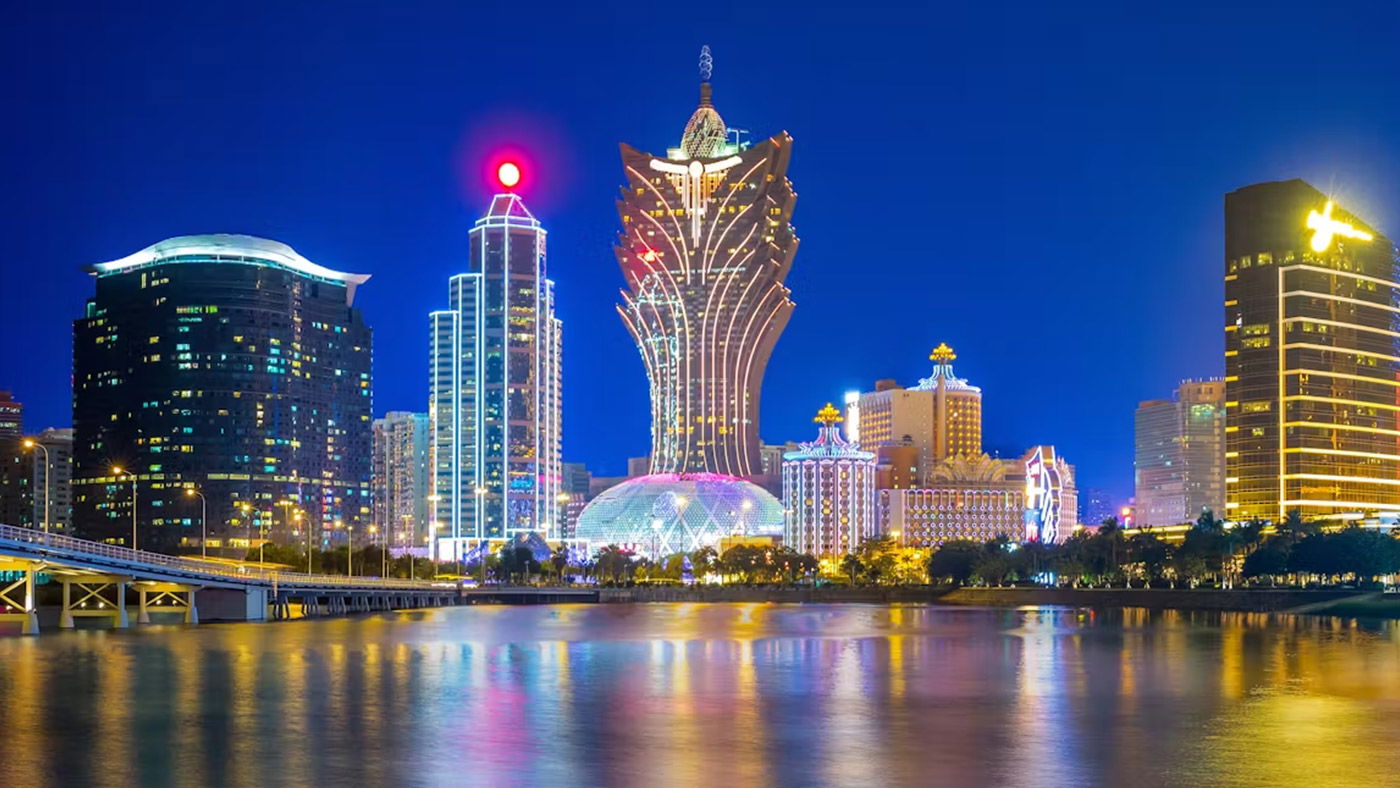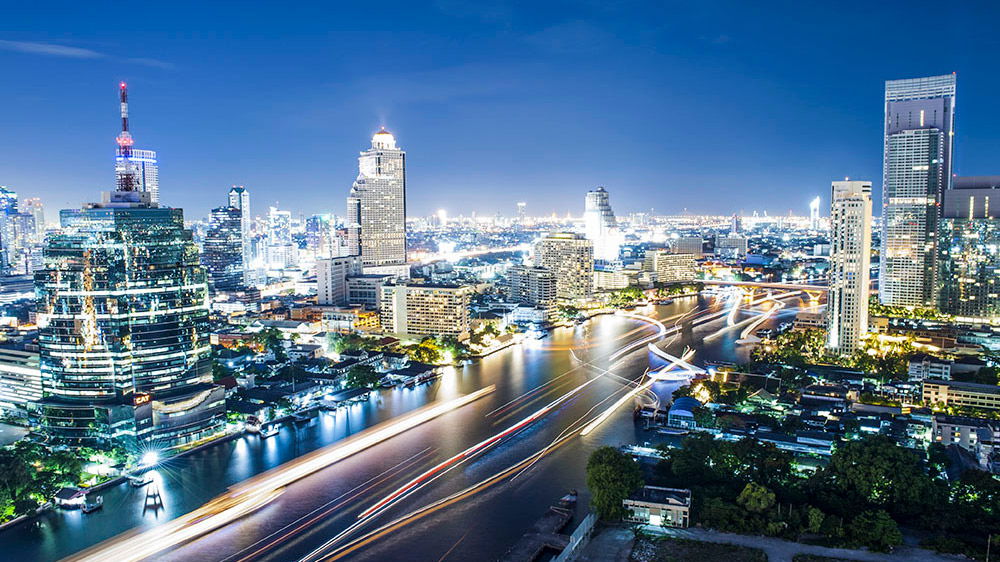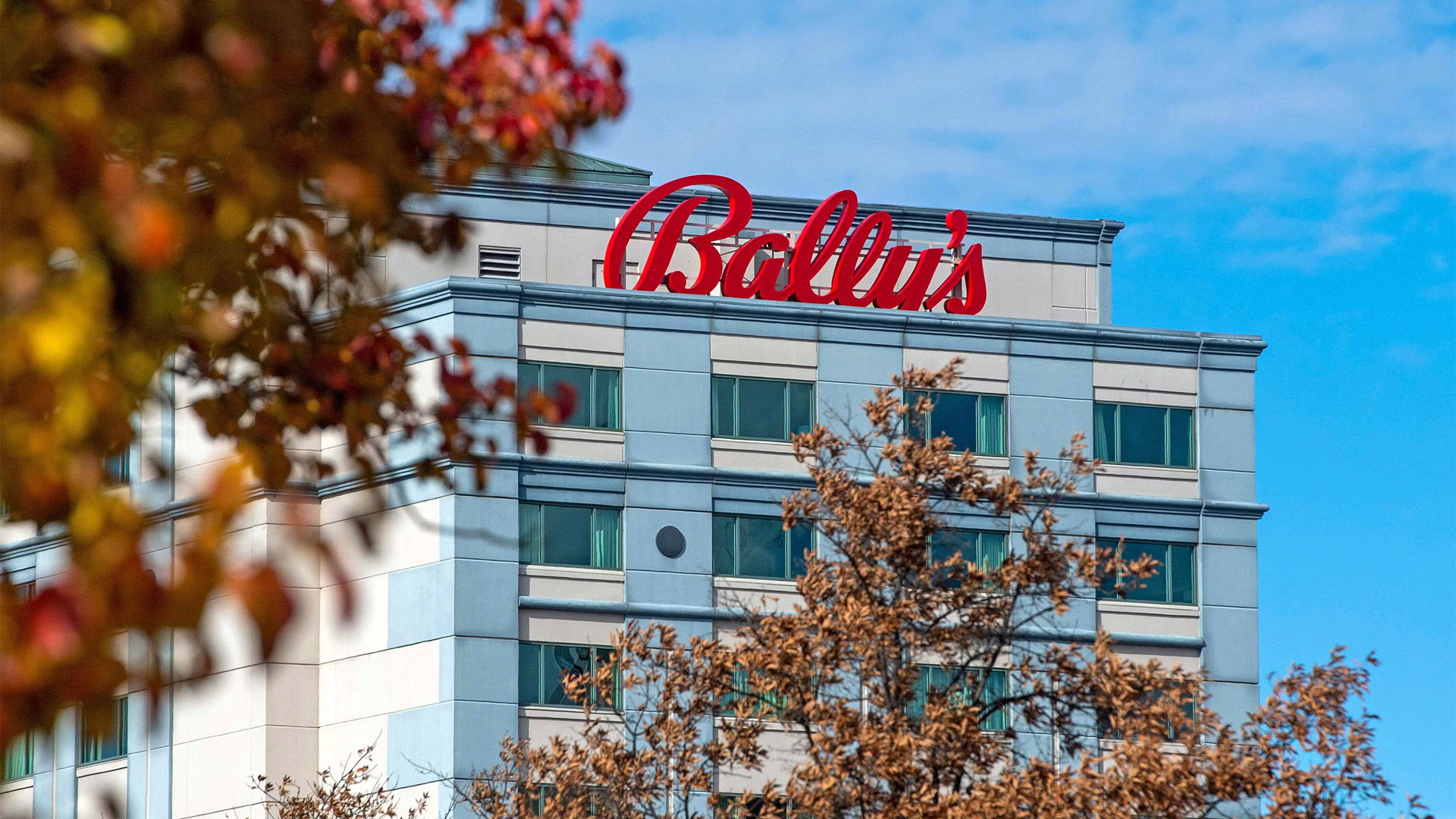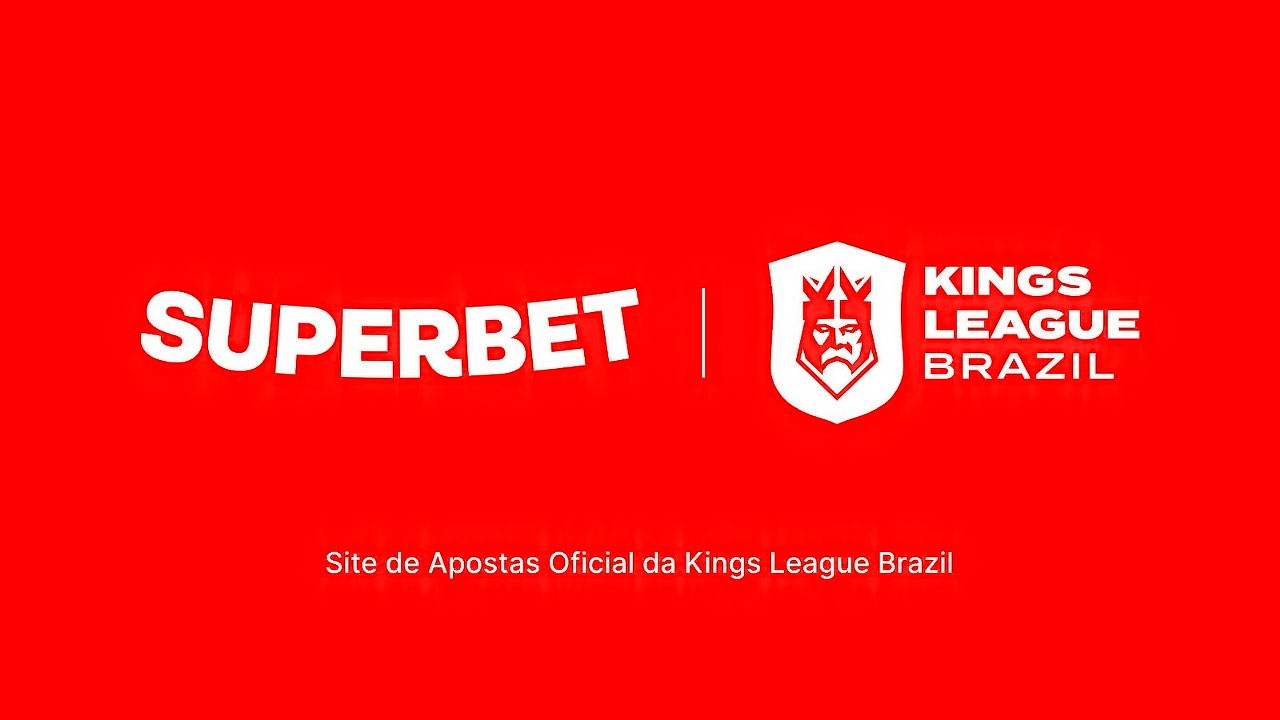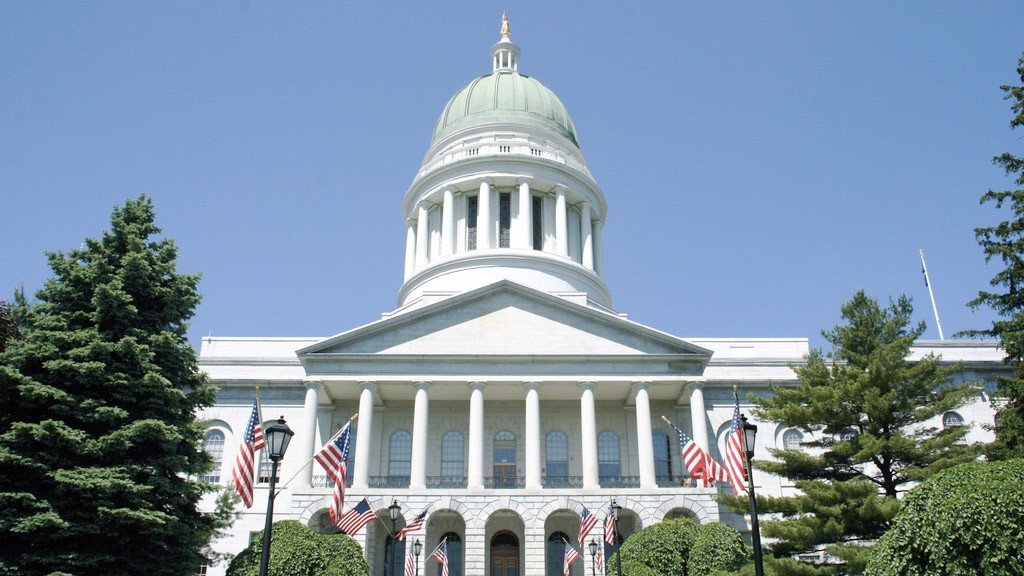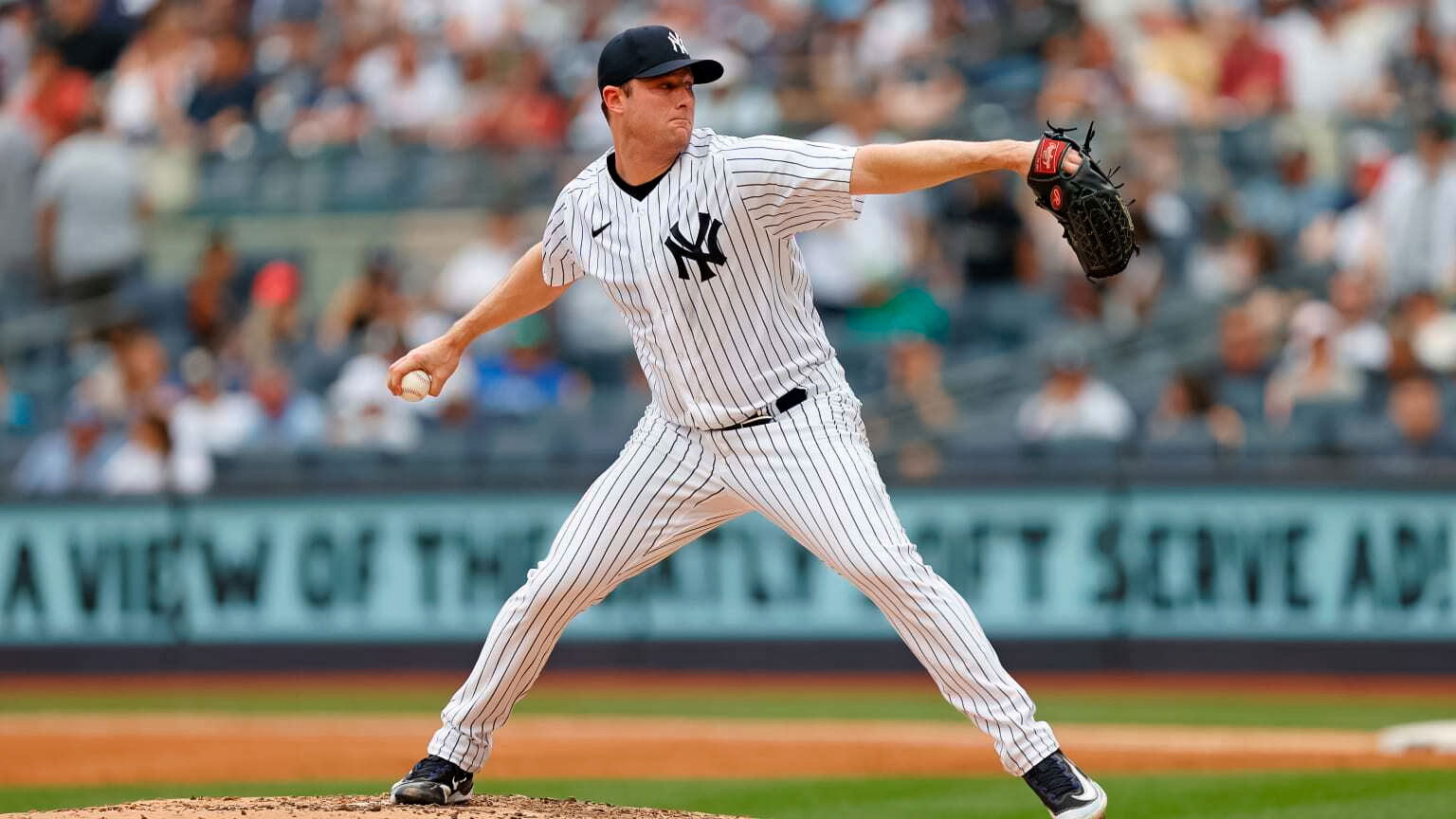Macau nearly halves junket licenses amid gambling amendment bill discussions
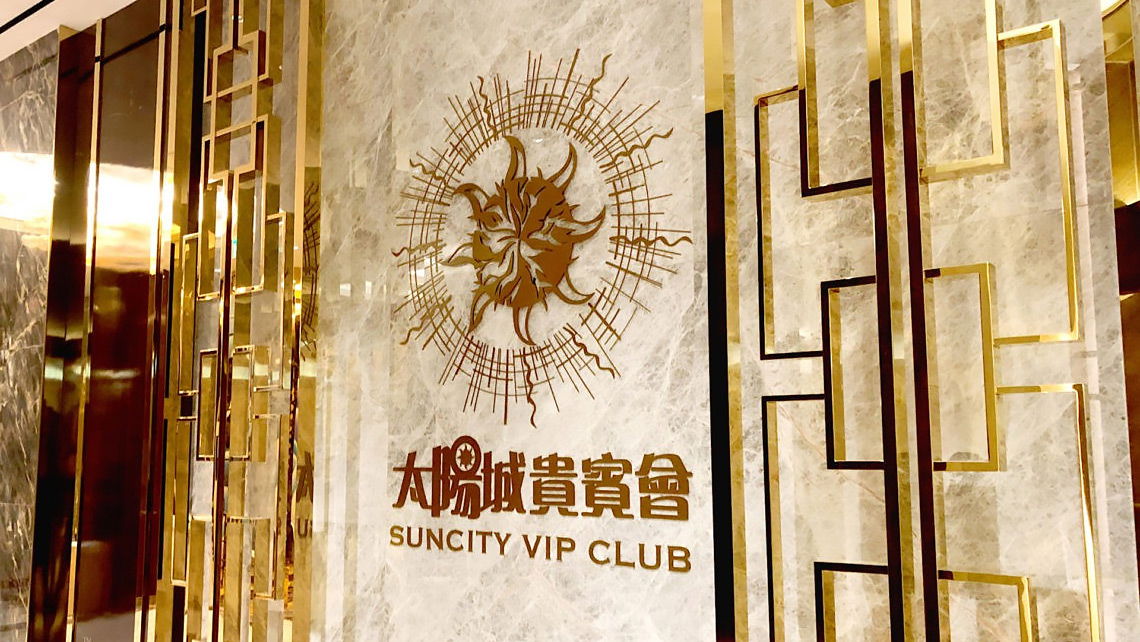
Macau’s gaming regulator, the Gaming Inspection and Coordination Bureau, has slashed junket license issuance in the world’s largest gaming hub by almost half, amid debates from officials on how to further control the sector. On Wednesday, only 46 licenses for casino junkets to operate in the Chinese enclave were approved, down from 85 in January 2021.
The most notable absentee from the roster of approved junkets is Sun City Gaming Promotion, part of the Suncity Group, which used to be the biggest junket operator in the city before halting operations last month following the arrest of chairman and executive director Alvin Chau over alleged money laundering and illegal cross-border gambling accusations.
Prior to the closure of its VIP gaming rooms, Suncity accounted for more than 40% of Macau’s junket market. Suncity, which in 2019 operated up to 17 VIP gaming rooms in Macau, was the top operator in the junket sector, which brings in high rollers -many of them from mainland China- to play at casinos in the city.
Macau gaming professor and former lawmaker Davis Fong, director of the Institute for the Study of Commercial Gaming at the University of Macau, explained that a smaller roster of junkets would “help reduce problems” in the industry, reports Nikkei Asia.
Davis Fong, Macau gaming professor.
"There will be more 'normal' returns or income, and I think it's more appropriate for Macau's future economy and direction," he said. "The business will be concentrated on only a few junket operators. I think this is a good thing."
In addition to Sun City, another notable absentee is heavyweight Guangdong Group, which was the third-largest junket operator in 2019. Meanwhile, some other major junket brands, including Tak Chun Group, Meg-Star International and Golden Group, are set to retain their licenses this year.
The cut in the total number of junket licensees comes amidst plans from officials to impose tighter control over the market, which largely targets high rollers from mainland China, where gambling is prohibited. They are often given credit lines to gambling in Hong Kong dollars, which can be repaid in Chinese yuan or with assets.
Outflows of gambling-related funds into Macau have been under the eye of Chinese officials for a time now. In 2020, the government described the outflows as a “national security risk.” The junket market is seen as responsible for helping to siphon billions of yuan overseas, which is highly problematic for a country that has always had strict controls on capital outflows.
Former Sun City boss Alvin Chau.
The new list of licensees also comes as Macau’s Legislative Assembly debates proposed amendments to the enclave’s gaming law. The AL passed its first reading of the draft bill on Monday, which is now set to be sent to the Standing Committee, where closed-door discussions are to be held after the Chinese New Year holiday.
The new gambling legislation seeks to further reduce the role of junket operators in the city’s casino industry. The bill states casino operators would no longer be able to have dedicated junket rooms, and revenue-sharing arrangements between casinos and junket operators would be prohibited.
This implies a significant change to Macau’s gaming industry: in the past, junket operators had rooms within casinos of all operators, although most of these have closed since Chau’s arrest and China’s crackdown on the sector.
While Macau will continue to issue junket licenses to approved VIP promoters, the new legislation seeks to restrict them to only operate with one concessionaire. Another measure stipulates that until the 10th of each month, gaming concessionaires will need to submit details regarding the commissions paid to junkets in the previous month, reports Macau Business.

All in all, the best days of the junket sector seem to now be far behind: the current number of licensees is significantly down from its highest number of 235 approved operators, posted in 2013.
But a notable decrease can also be seen in the downfall of VIP gross gaming revenue. For 2021, the junket market accounted for about 32.8% of aggregate casino GGR in the city at $3.55 billion, which was down from 43.5% in the prior year. The latest data from the three months to December 31 show the market share has further decreased to 25.7%.


